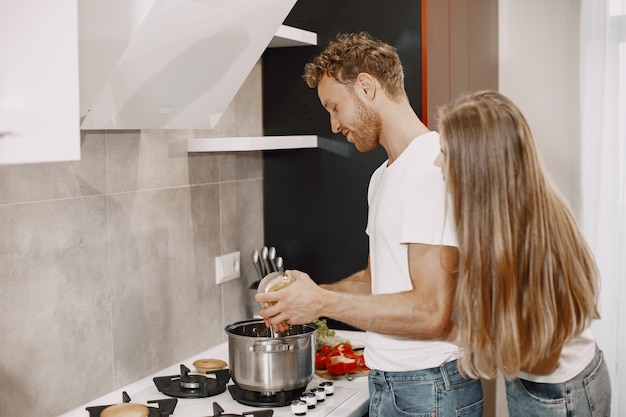
Since I shared my excitement about the Instant Pot pressure cooker, I’ve received many questions about whether pressure cooking is a healthy method or if it destroys nutrients. It’s a fair question and one that kept me from using a pressure cooker for a long time until I did some research and discovered some fascinating insights.
As a kid, I used to think of pressure cookers as old-fashioned gadgets that only my elderly relatives used, primarily for canning. I figured it was outdated, yet I realized I had overlooked much of their potential.
A pressure cooker is a pot that uses a combination of heat and steam to cook food quickly. Although you might assume high heat is needed, it’s actually the steam and pressure that do the heavy lifting. The cooker’s valve traps steam inside, creating a high-pressure environment. This raises the boiling point of liquids inside and forces moisture into the food, allowing it to cook faster.
Here’s how it works: At higher altitudes, water boils at lower temperatures because of the reduced pressure, which is why some recipes have special high-altitude instructions. Lower boiling points mean foods dry out faster and pose challenges in cooking. Pressure cooking is the opposite—it increases the boiling point of water and shortens cooking time by retaining steam and preventing heat loss.
One major benefit of pressure cookers is their ability to cook meals faster and more efficiently than other methods such as stovetops, ovens, or even slow cookers. A common misconception is that shorter cook times mean higher heat, but actually, it’s the pressure, not the heat, that accelerates cooking. Research shows that the highest boiling point in a pressure cooker is around 250 degrees Fahrenheit, which is lower than the temperature for most oven or stovetop methods and similar to that of a slow cooker.
At first, I wondered if the rapid cooking process could mean a loss of nutrients. Interestingly, the opposite is true. Some folks express concern about high heat and its effects, similar to grilling or broiling, but pressure cookers actually operate at lower temperatures than most other methods, preserving nutrients more effectively.
In fact, a study in 1995 showed that pressure cooking retains nutrients better than other methods. It makes sense because the shorter cooking time reduces nutrient loss. Pressure cooking also deactivates phytic acid in foods like grains and beans, enhancing nutrient absorption.
While some studies suggest that pressure cooking might result in some nutrient loss, later analysis found most nutrients simply moved into the cooking liquid. To maximize nutrient retention, I try to use minimal liquid and incorporate it back into the meal through gravies or broths.
I’ve tried cooking various dishes in the pressure cooker, like roasts, broth, meats, soups, stews, vegetables, and rice. There are even recipes for less conventional items like cheesecake and hard-boiled eggs. Personally, I love being able to prepare a roast in under an hour!
Like any cooking method, pressure cooking does lead to some nutrient loss, but overall, it preserves more nutrients than other techniques. With the arrival of modern electric pressure cookers, such as the Instant Pot, it’s now easier to prepare nutritious meals quickly for your family.
Do you use a pressure cooker? How do you like to use it?

